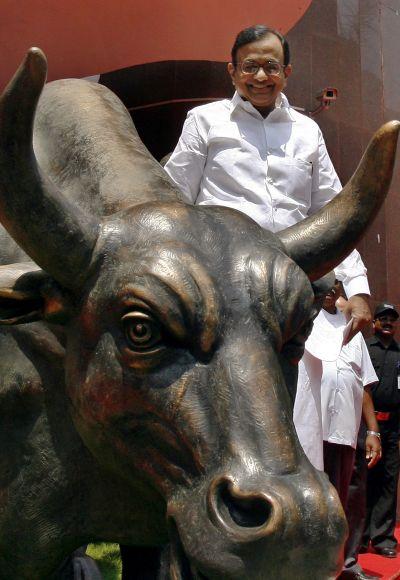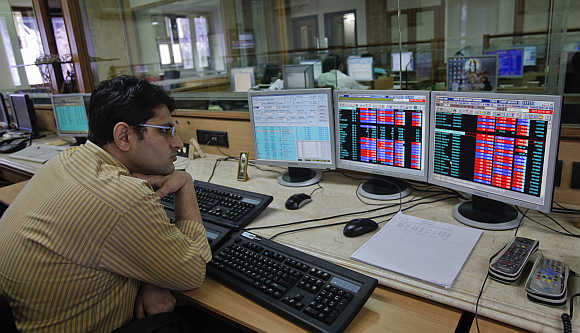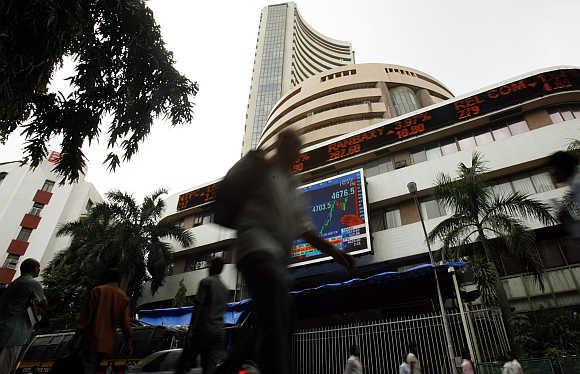 | « Back to article | Print this article |
Lessons for stock market investors
Experts say retail investor does not need to look at the indices on a daily or even monthly basis and should invest regularly.
In the past few months, every time the retail investor thought there was hope that things were improving, a global or local event would turn the stock market sentiment for the worse.
In the past six months, the BSE exchange's Sensitive Index or Sensex has swung consistently between 18,000 and 20,000 points. But that's not all. Between March 11 and April 15, the Sensex gained 1,288 points.
In complete contrast, it fell 1,800 points between April 15 and May 20 and that trend has continued.
Click NEXT to read more...
Lessons for stock market investors
The National Stock Exchange's Nifty VIX, which measures volatility in the market, rose from 17 to 20 last month. Consequently, a retail investor really does not know if it is a good time to enter or exit.
Market experts say the retail investor does not need to look at the indices on a daily or even monthly basis. According to Hemant Rustagi, chief executive of Wiseinvest Advisors, since there is no momentum in either direction, the first lesson for investors is - stop trying to time the market.
"When there is a secular rally or downside, one can take a call on entering or exiting. But in these circumstances, one can get stumped and lose money real quickly," says Rustagi.
Click NEXT to read more...
Lessons for stock market investors
Another thing investors should do is keep investing regularly.
Says a financial planner, "It is not important whether you invest through a systematic investment plan or not. But take the decision to invest three-four times in a year. This will help in two ways. One, it will ensure you are invested to take advantage of better market conditions and, two, there will be investment discipline.
Investment consultant Gul Tekchandani feels these market conditions offer opportunities as well. Retail investors should accumulate good stocks and hold these. "But don't buy small stocks in any sector. Buy big companies in the sector of your preference because valuations are cheap," he advises.
Click NEXT to read more...
Lessons for stock market investors
Importantly, if the stock price falls immediately after buying, don't get ulcers and try to average out costs by buying more.
"How long can you average out costs? It is important that you do not chase the price of a stock. Instead, buy good businesses," adds Tekchandani. High dividend-yield stocks could be a good option as well.
With the election fever already on, most feel the markets are unlikely to see any significant upside or downside for at least some time. Also, with things improving in the US, the fear of slowing of the liquidity tap there (QE3) is likely.
So, investments from foreign institutional investors might slow down. So, it is important to have an investor's mindset of buy and hold. Going for a quick buck will only lead to losing of money.




